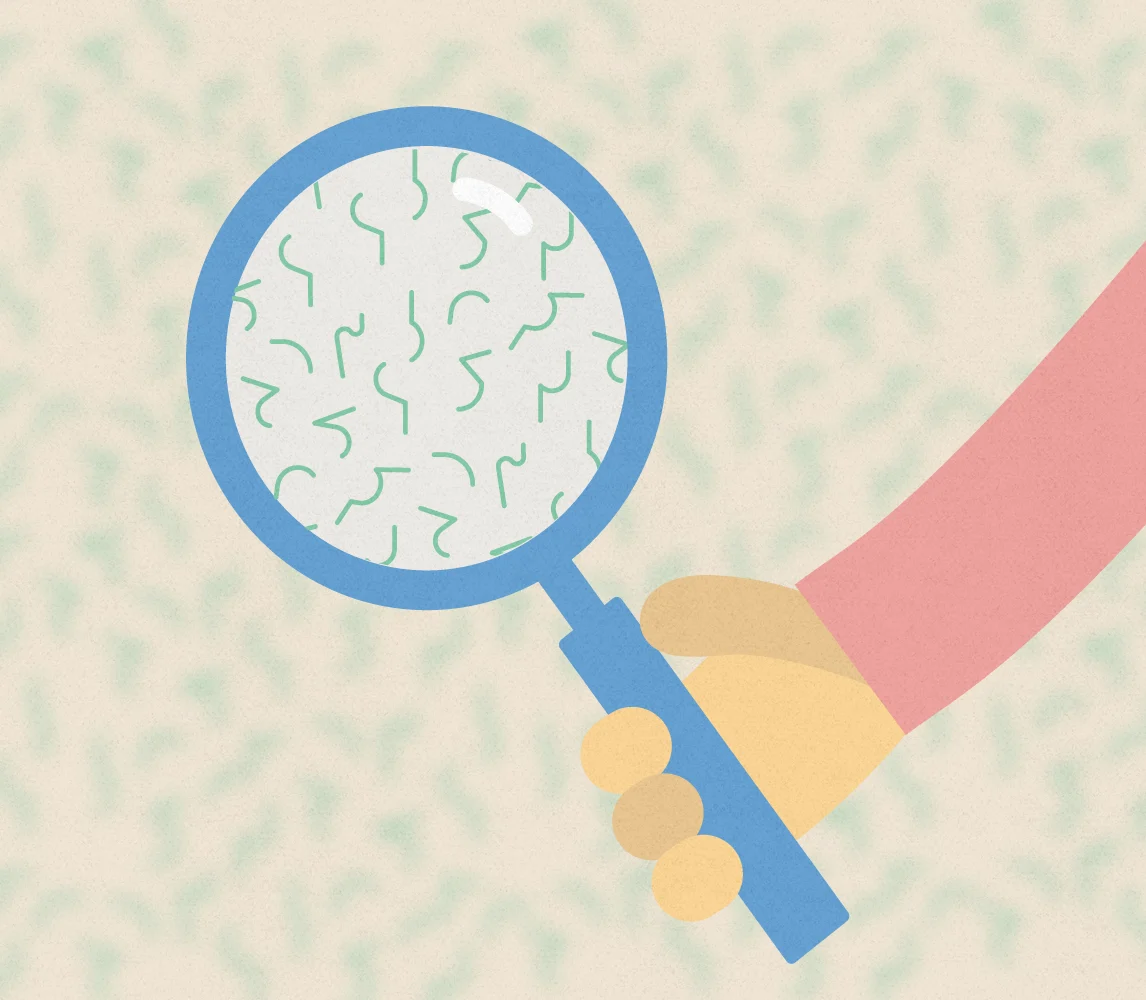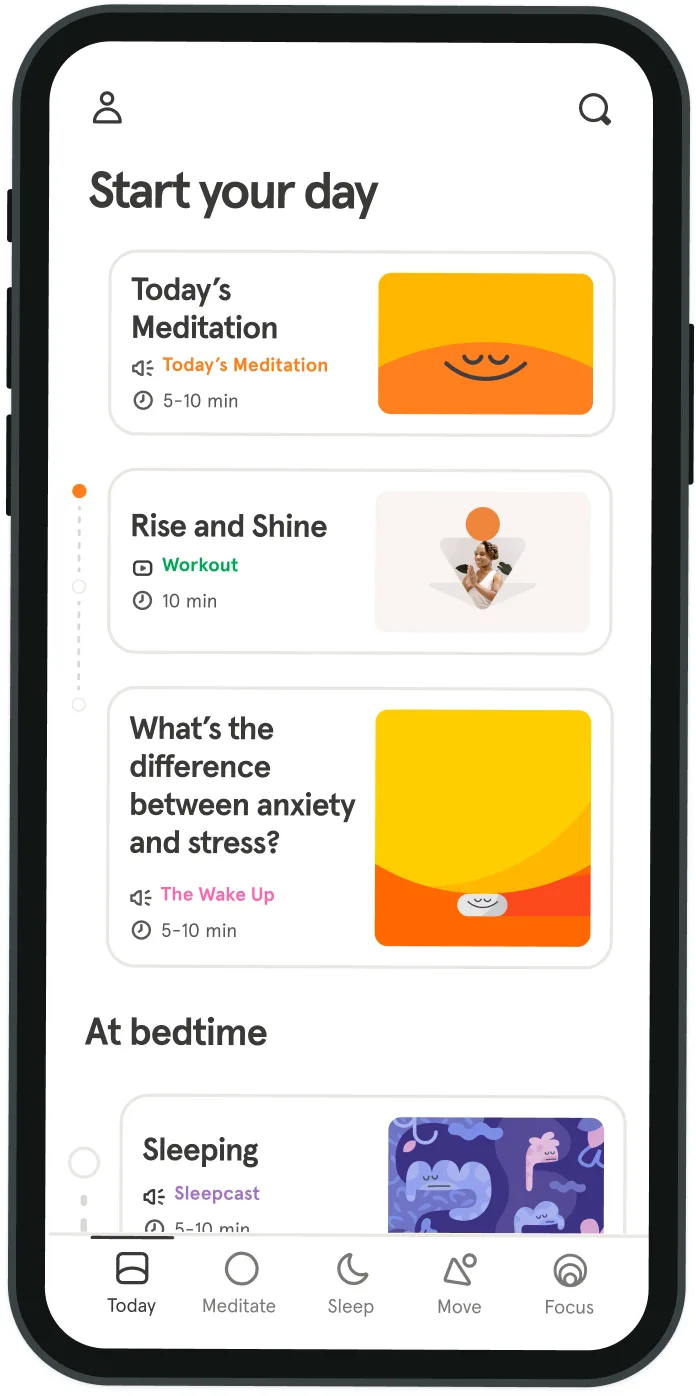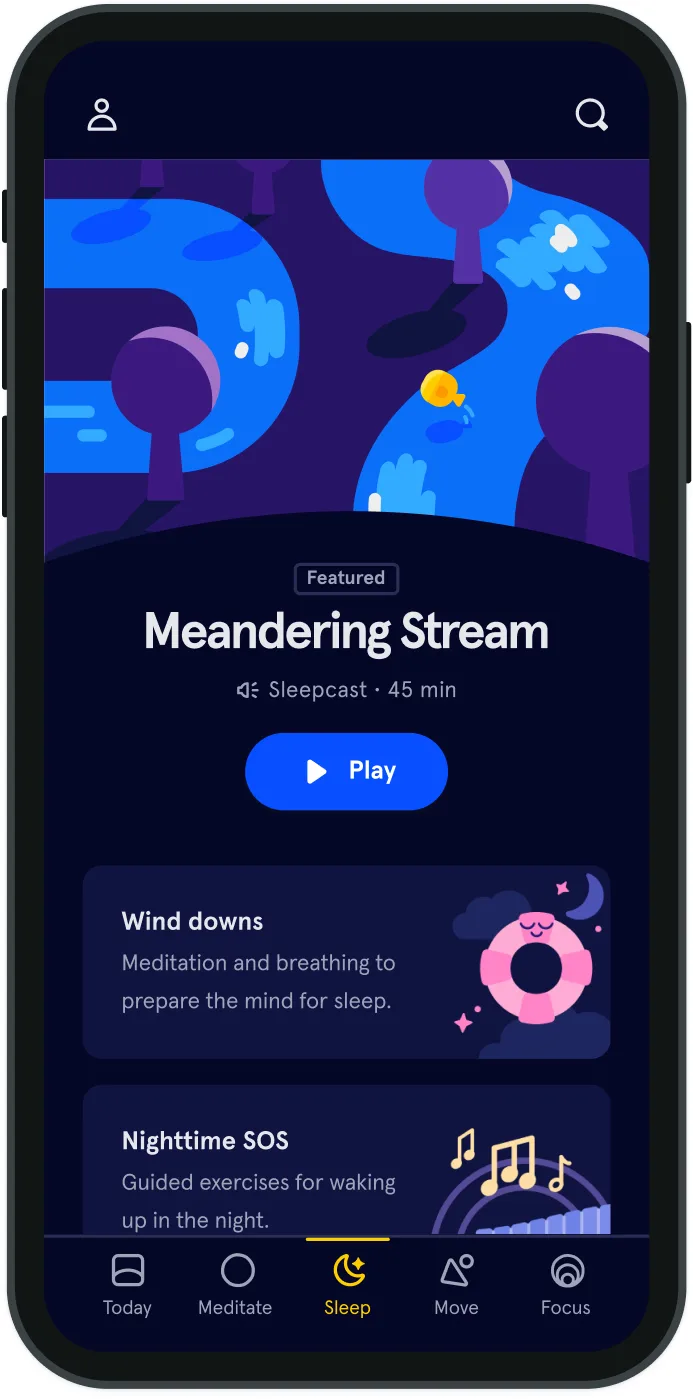How to pay attention long enough to actually get stuff done
We wear our ability to multitask like it’s a badge of honor. Answer emails while whipping up pancakes on Sunday morning? Sure. Watch the latest “Game of Thrones” while pecking away at a quarterly report? OK, sort of challenging, but doable.
What about wanting to write that book, spearheading a big project at work, running point on the monthly neighborhood potluck while not missing a beat, like, ever? That’s a lot of stress and pressure, self. Multitasking isn’t the productivity short-cut like many of us believe it is. In his article “The Myth of Multitasking,” James Clear wrote, “Multitasking forces you to pay a mental price each time you interrupt one task and jump to another. In psychology terms, this mental price is called the switching cost.” In other words, you may think you’re maximizing time and being efficient, but really, you’re doing a half-assed job of everything. Half-assing your emails isn’t such a big deal, but if we have big-picture goals, like building a career or getting into shape, then this split focus only slows us down, or worse, actually hurts us. The reality of getting anything done is that something somewhere has to be burned as fuel to support your efforts—be it your time, energy, money, social life, or relationships.
I learned this firsthand when I moved to Boise, Idaho, after having spent most of my adult life in big cities. Suddenly, I had a lot of time and quietness for myself. I had few friends, no family, and no shiny objects to distract me. The calm was bizarre. But then I realized that this undisturbed tranquility—from friends and family who want to meet up all of the time, from gridlock traffic, from “things to do” around the city—also afforded me the opportunities that led to my bravest and most creative endeavors. I learned to produce and edit videos; I spoke and cussed in front of a crowd of 700 people, and overall, found a new appreciation of calm. All because I’d stopped letting myself be pulled into an energy-sucking cycle of busyness and started being “hyper-focused”. Being hyper-focused is to be unwaveringly committed to a single task, craft, or goal of some sort. Hyper-focus is understanding that it’s OK to set aside a separate goal for the time being. It’s organizing your life around a goal, so when craziness overtakes your life, your decisions remain guided by that extreme focus on your goal. Attempting to “do it all” takes away from that. Grand visions of what we want to accomplish in life (or just in our day-to-day) are nice, but meaningful progress—in your career, health, or relationships—requires devoting focus to a single task and ruthlessly prioritizing the necessary steps that will actually get you somewhere.
So what’s the key to being hyper-focused? First, realize that everything you do (or want to do) costs time, money, or mental energy. One can make the argument that money could be made with sufficient time and energy; and technically, we all have the same 24 hours in a day. So that leaves us with our individual mental energy as the most variable—and often times scarce—resource. Every little decision takes mental energy, down to what you’re going to wear in the morning and what to eat for lunch. It’s why people like Mark Zuckerberg wear the same thing every day so they can devote their energy to far more important daily decisions. Find out which decisions can help guide you toward what’s truly important to you. Recognizing your priorities and what you need to give up in order to execute them will let you allocate your time and resources to the right places for your goals. I’m no productivity ninja, but I’ve learned to recognize when I am hurting my own goals by doing unnecessary busy work that doesn’t help my current cause. Every so often, I’ll look over what I’m doing and evaluate whether it’s actually helping me at the moment or holding me back. Moving to Boise has helped me a lot, but you don’t have to do something as drastic like moving to a smaller city. You can simply try changing (or even cleaning up) your workspace so that it’s more conducive to helping you focus on your tasks. In Clear’s words, “If you commit to nothing, you’ll be distracted by everything.”

Grand visions of what we want to accomplish in life are nice, but meaningful progress requires devoting focus to a single task.
Stephanie Lee


Be kind to your mind
- Access the full library of 500+ meditations on everything from stress, to resilience, to compassion
- Put your mind to bed with sleep sounds, music, and wind-down exercises
- Make mindfulness a part of your daily routine with tension-releasing workouts, relaxing yoga, Focus music playlists, and more
Meditation and mindfulness for any mind, any mood, any goal
- © 2024 Headspace Inc.
- Terms & conditions
- Privacy policy
- Consumer Health Data
- Your privacy choices
- CA Privacy Notice
